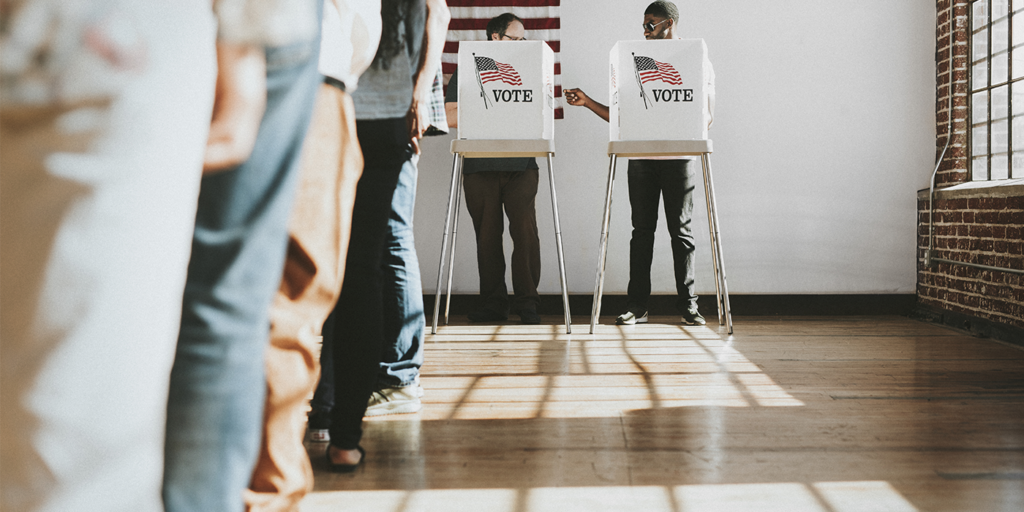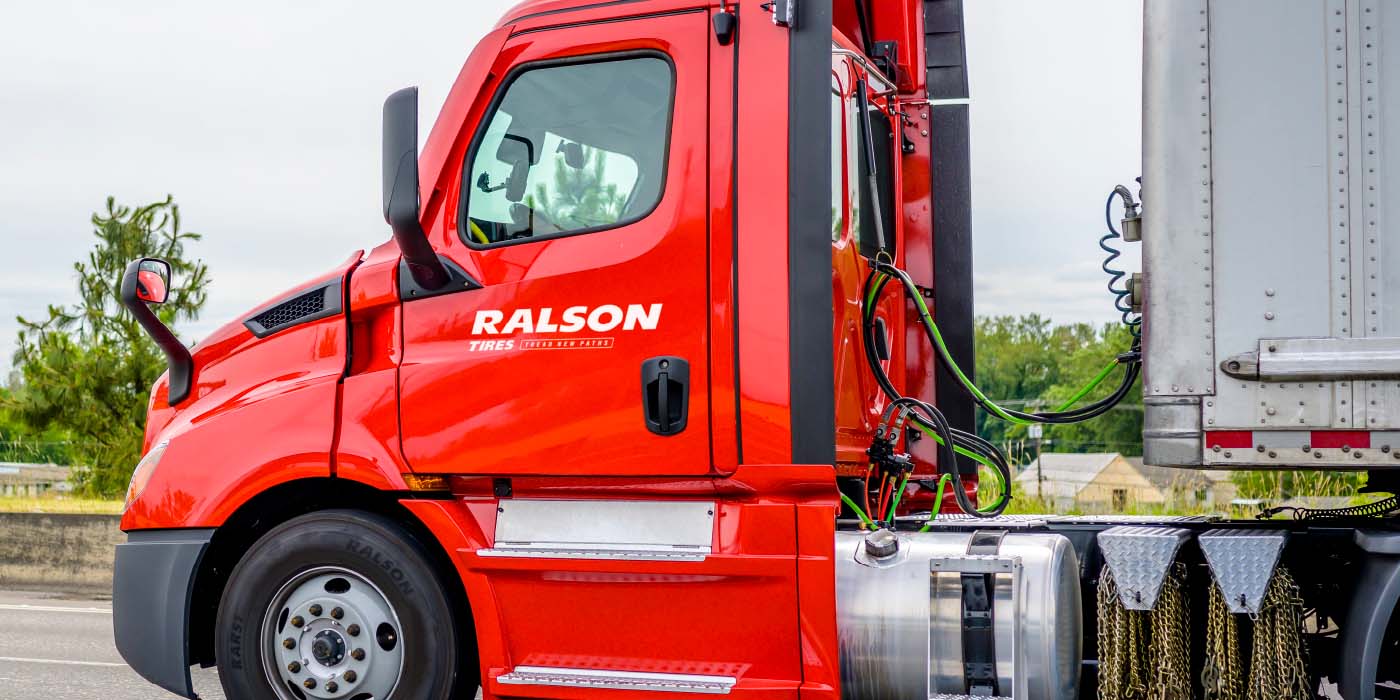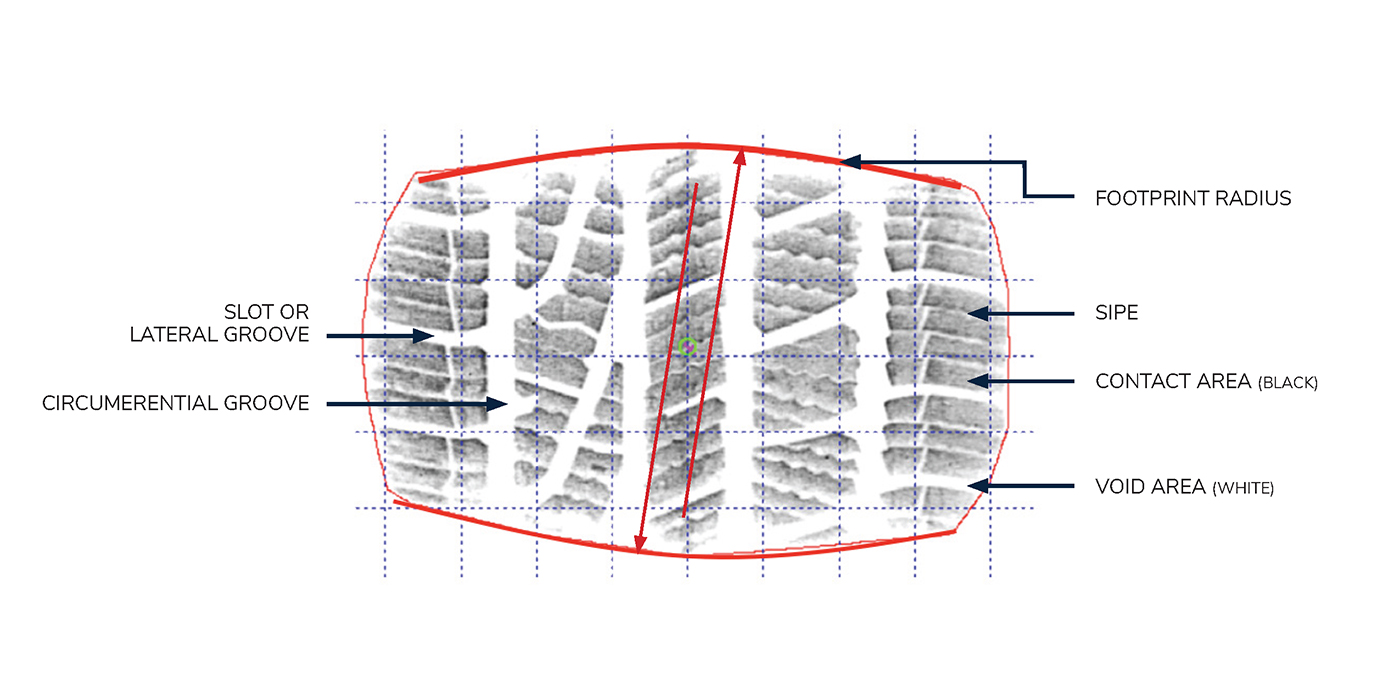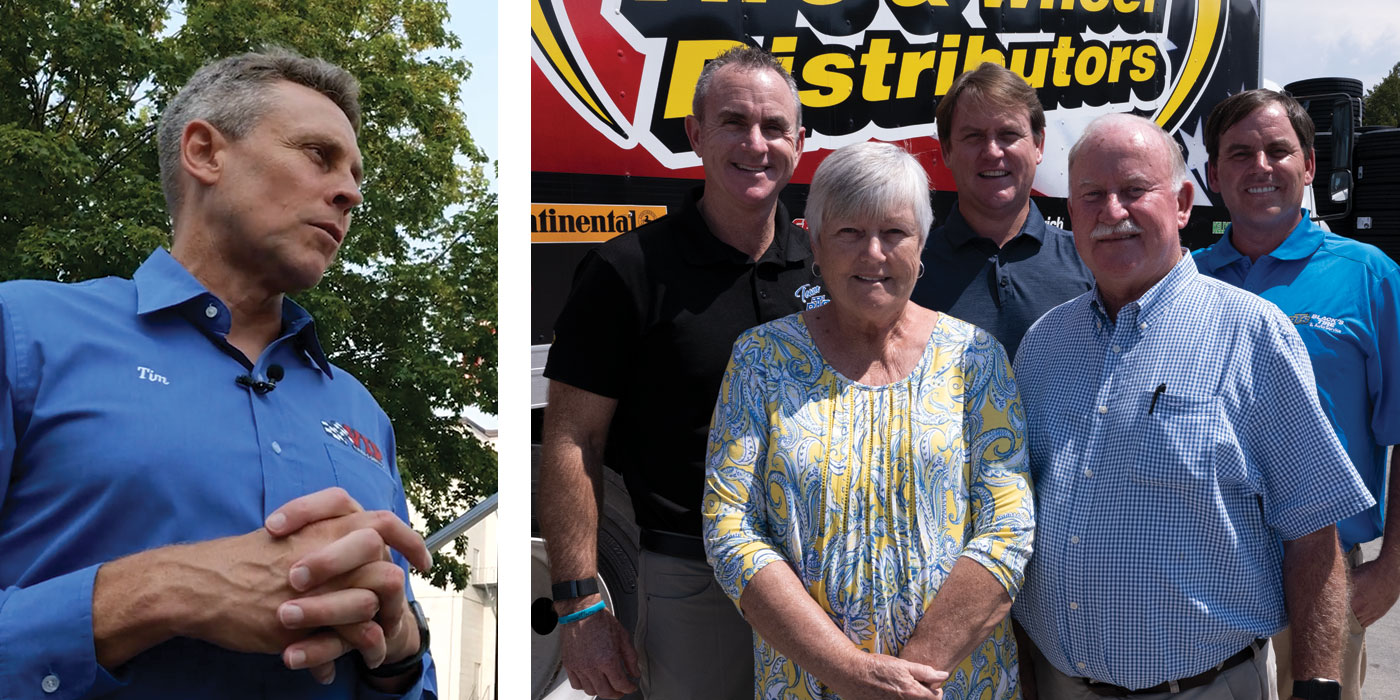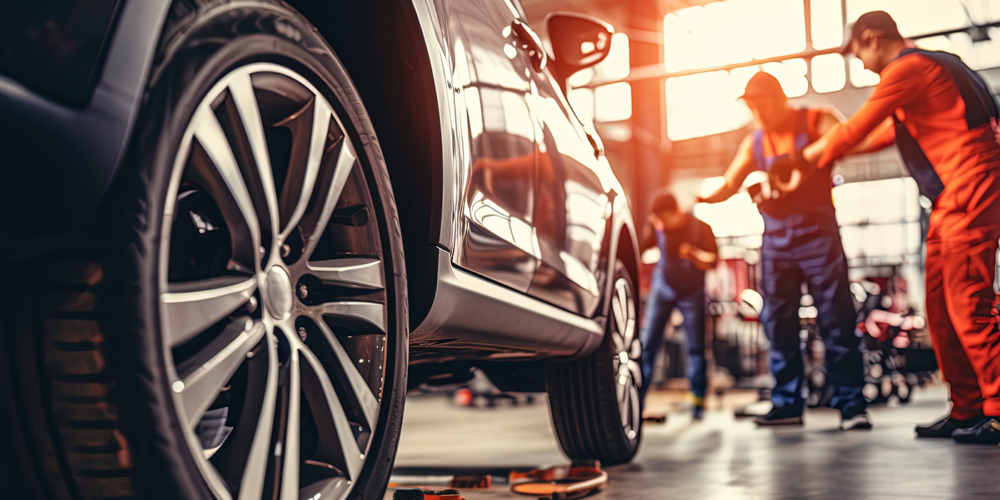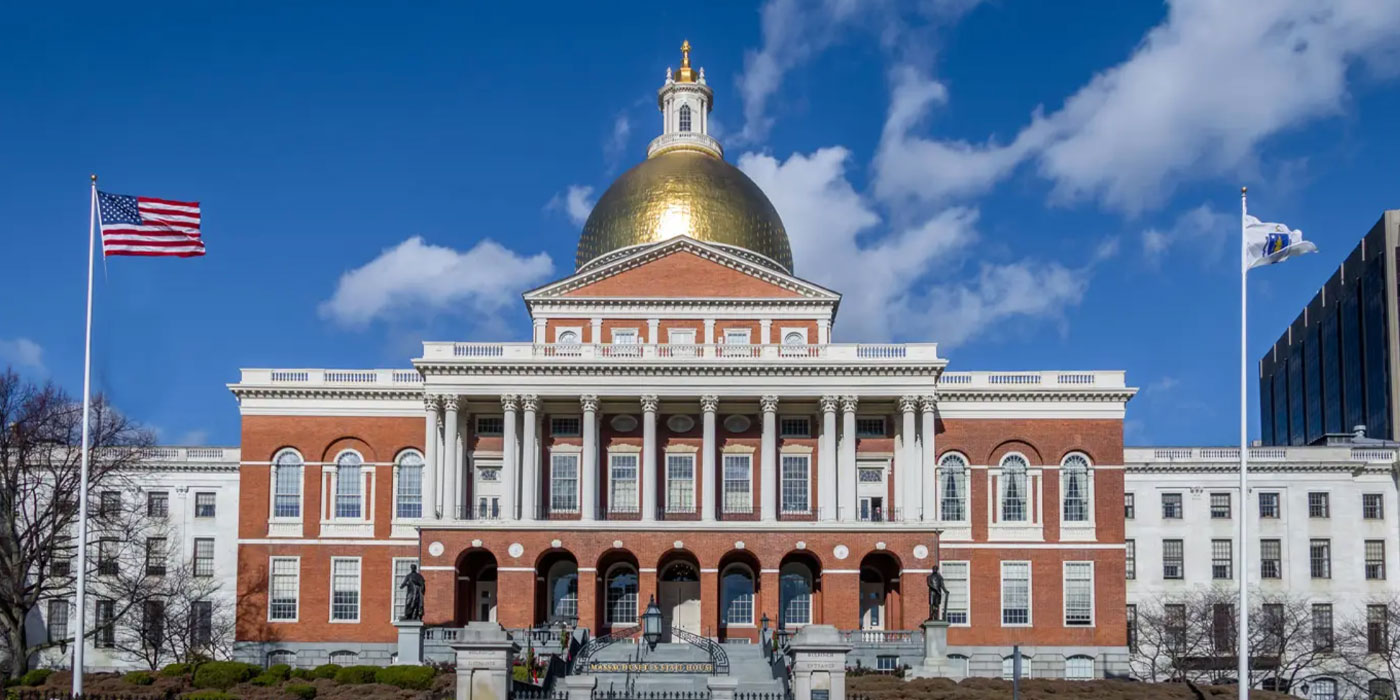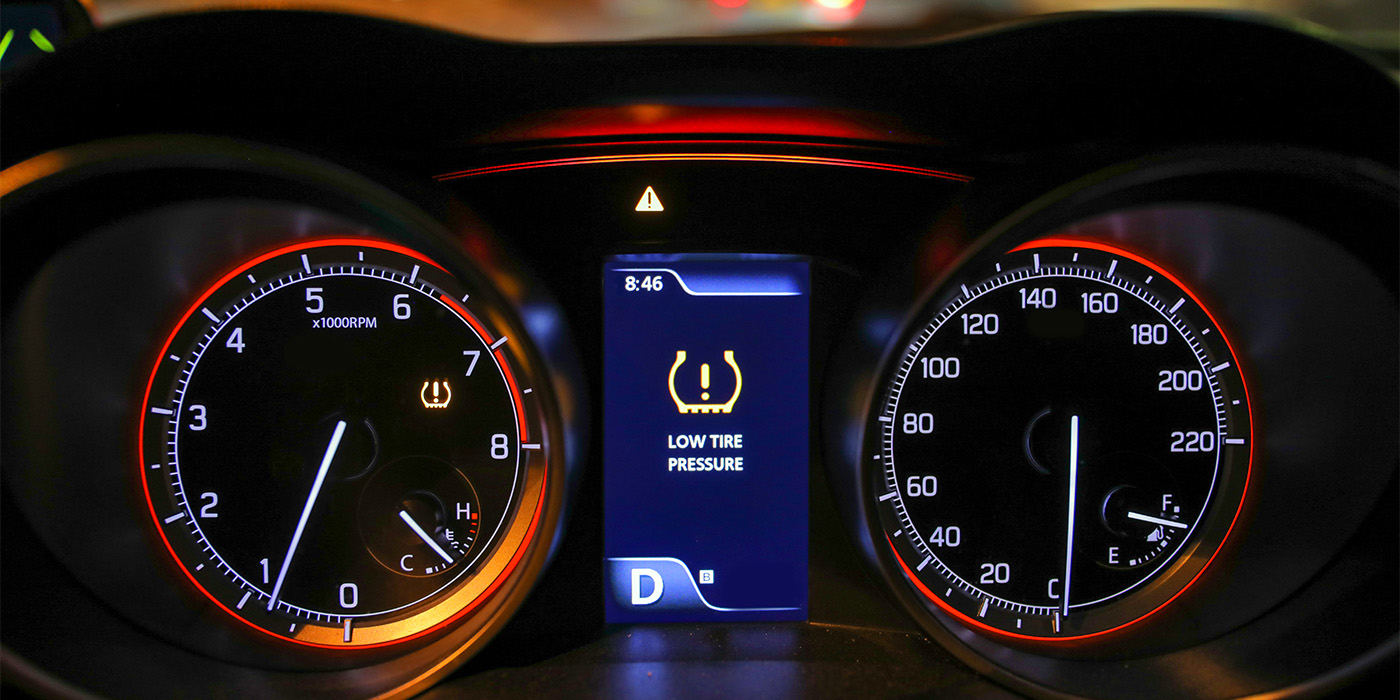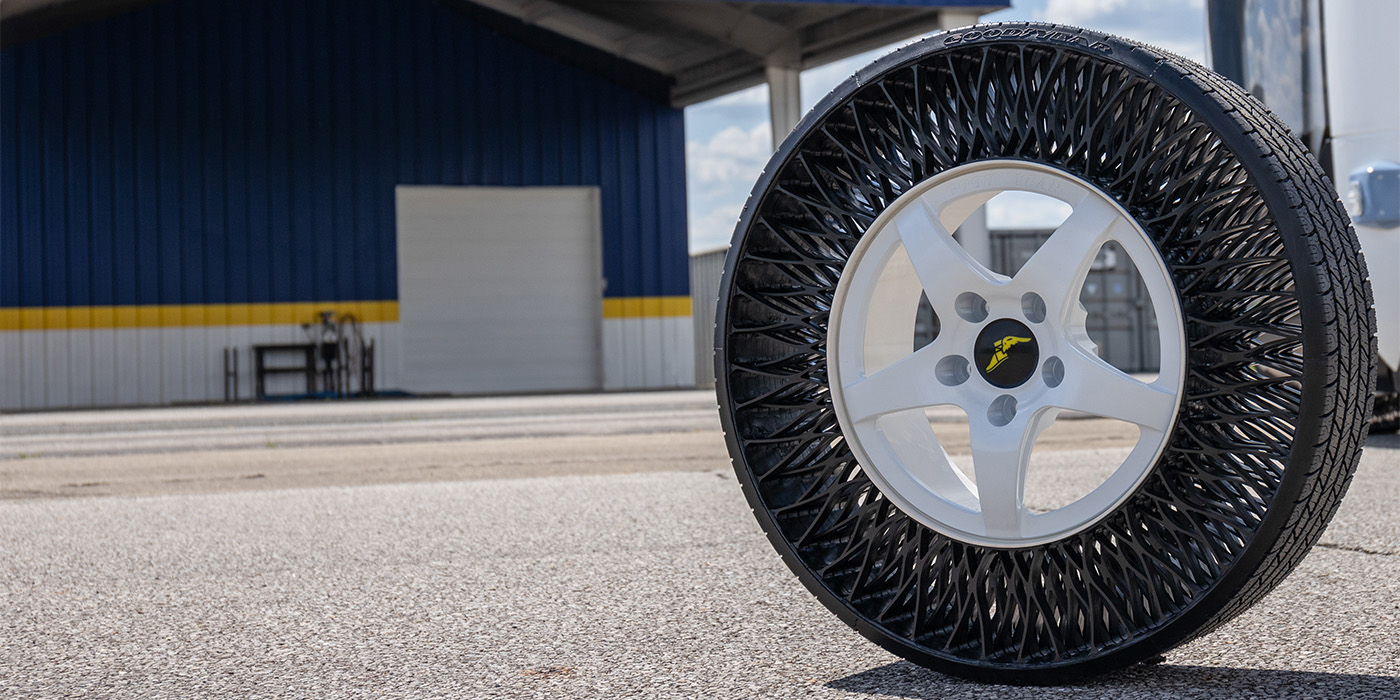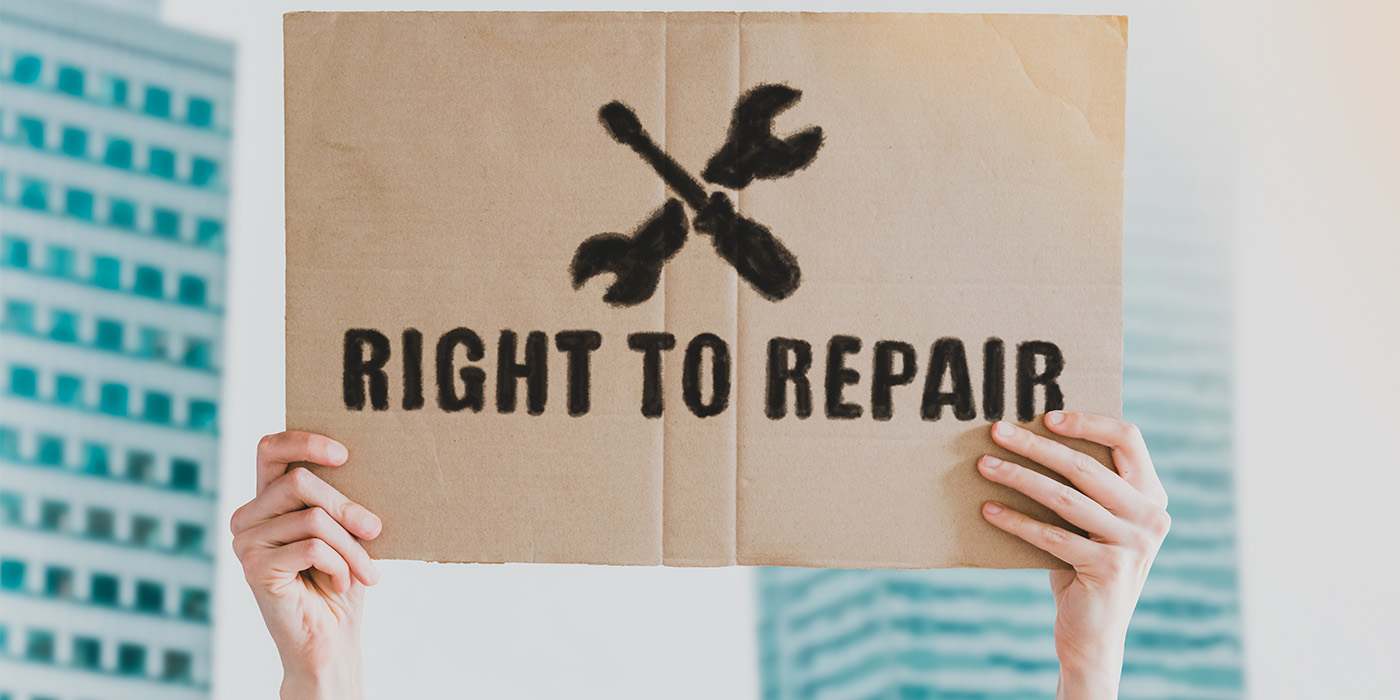Congressman Scott Perry (R-Penn.) was one of the founding members of the Auto Care Caucus, which he formed in 2017 with Rep. Brendan Boyle (D-Penn.) He currently sits on the U.S. House Committees on Transportation and Infrastructure and Foreign Affairs. Tire Review, with the help of the Auto Care Association, reached out to Perry to gain his insights on coronavirus legislation as well as issues affecting the automotive industry in an election year.
To see a Democratic viewpoint to these questions, check out Rep. Debbie Dingell’s (D-Mich.) responses to our questions here.
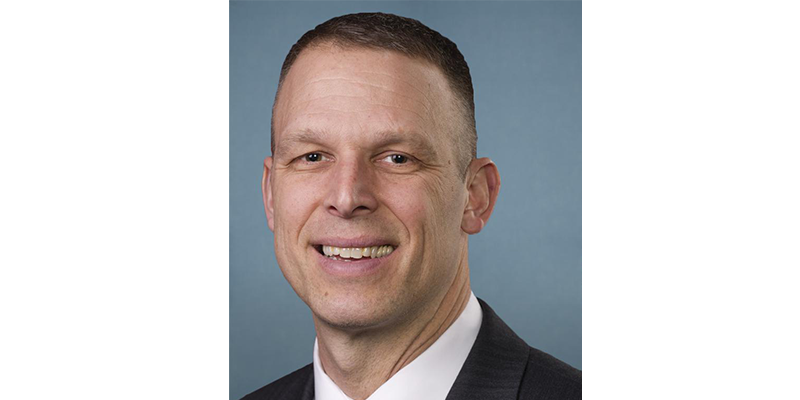
TR: How do you feel the coronavirus pandemic will change the auto care industry and the transportation sector?
Perry: Every sector of our economy was forced to adapt in this pandemic and, as a result, will experience substantial changes going forward. The auto care industry and transportation sector are no different. Many continue to experience economic harm due to the short-term drop in travel and government-mandated closures, but it may take years before we fully understand the impacts on the industry with increased teleworking, changes in business travel and public perception related to the safety of transportation and air travel. While we don’t know the long-term impacts, we can take action today to support the auto care industry by creating a business and regulatory environment that allows competition to thrive, which means ensuring that the Tax Code promotes business growth, removing unnecessary regulatory burdens, and limiting government spending that displaces private investment. We need to ensure that the auto care industry is able to meet the challenges.
How is your party fighting to support small businesses, such as independent tire dealers and auto repair facilities, at the federal level during this difficult economic time?
Republicans are fighting to ensure small businesses are made whole after lost revenue from government-mandated business closures. The Paycheck Protection Program (PPP) offered a short-term lifeline to many small businesses and helped to support employees and their families during the closures; however, reopening our businesses and economy is the best path forward and will allow businesses to stay afloat and get back to doing what they love. This is America; we can keep our citizens safe while continuing to do business. This wouldn’t be the first time our country has kept two trains running at the same time.
What is the next step for the federal government in supporting these same small businesses, such as independent tire dealers and auto repair facilities? Can we expect another round of a stimulus bill? An extension of unemployment benefits? A tax break on payroll taxes?
The PPP provided an invaluable lifeline to many small businesses across the nation, including independent tire dealers and auto repair facilities. Nationally, PPP supported 51.1 million jobs. Congress extended the deadline for businesses to apply for assistance through August 8, and it’s clear that many of our small businesses will continue to feel the impact of the pandemic beyond this deadline; however, we can’t rely on government funding to keep our economy afloat indefinitely. We must encourage states to reopen their economies and allow small businesses to operate with health and safety protocols—letting our small businesses get back to work and serving their communities.
Congress is working on the next round of COVID response legislation, and leadership from both parties are discussing the inclusion of liability reforms, extension of supplemental unemployment benefits, additional spending to support impacted industries, and the economic impact of COVID-19 through tax relief measures. Instead of keeping our communities and economy shut down, we must create an environment where businesses can reopen, our economy can grow, and our communities stay healthy.
What relief would you like to see offered to small businesses, such as independent tire dealers and auto repair shops, this year?
States must remove their shutdown orders and allow small businesses to provide services to their neighbors on a safe, voluntary basis. Allowing our businesses to operate with health/safety precautions keeps our communities safe while ensuring our small businesses can survive, thrive and continue serving their customers. We also need to reform the federal unemployment compensation supplement that incentivizes people to stay home/not work—making it so difficult for small businesses to find the necessary employees to stay open and serve their customers. Finally, I support a payroll tax holiday through FY21 to support our small businesses that have endured so much over the past months.
What are three issues you feel auto repair facilities and tire dealers should be paying attention to this election year? How will these issues affect their businesses and the automotive aftermarket?
Unhesitatingly, any proposal that eliminates fossil fuels; taxes; and the growing national debt.
Fossil Fuels: Efforts to eliminate fossil fuels are a direct attack on the automotive sector and particularly on the aftermarket industry. The growing trend to have the government intervene in the market, and eliminate businesses that it opposes for ideological reasons, should concern every American and certainly every business owner. This is especially true for the aftermarket industry. The misguided trend toward increasing electric vehicle market share will increase the trend of car dealers trying to monopolize the repair market. Moreover, it makes vehicle ownership more expensive, putting it out of reach for many Americans, and offers no environmental benefits. Fighting this before it’s too late is critical to the long-term survival of our nation. We cannot wait, since the newest proposals are calling for fossil fuel usage to end within the decade.
Taxes: In order to fund their massive government interventions, Democrats plan to increase taxes on small business and the middle class; which not only hurts your bottom line by taking more money from your business, it also limits the income of Americans and leaves fewer customers with less money to spend. The choice between economic growth and economic decline could not be more pronounced than it is now. Choose wisely!
Growing National Debt: Even if Democrats don’t massively increase the scope of government, and limit economic growth accordingly, the national debt is ballooning out of control. It’s currently at $26.5 trillion, with a $4 trillion increase expected over FY20. Unless we take meaningful steps to address this—now—the debt will upend our nation’s economy and any chance of a prosperous future.
What is your stance on the right-to-repair issue and how do you recommend those in the industry fight for this legislation?
The right to repair issue is one of the most pressing issues specific to the auto care sector. The Auto Care Caucus was an integral part of developing this legislation, and I fully support(ed) these efforts. The best way to fight for this legislation is to ensure that consumers know that they don’t have ownership of their data; something of which few Americans realize. Once more of the public becomes aware of the tactics used by manufacturers, a broad-based coalition of industry, citizen and privacy-minded organizations to push this important legislation is paramount.
Congressman Scott Perry is a combat Veteran and has represented the more than 725,000 people of the 4th Congressional District (all of York, all of Adams, part Cumberland and part Dauphin) of Pennsylvania since 2013. He was re-elected in 2018 to the newly-redistricted 10th Congressional District (all of Dauphin, part Cumberland, part York). He presently sits on the U.S. House Committees on Transportation & Infrastructure, and Foreign Affairs. After serving in his final military position as assistant adjutant general, Pennsylvania National Guard, Perry retired at the rank of brigadier general in March of 2019, after nearly 40 years in uniform. He served three terms in the Pennsylvania General Assembly, has a bachelor’s degree from Penn State University in Business Management, and a master’s degree in strategic studies from the U.S. Army War College. He resides in Northern York County with his wife, Christy, and two children.

